Microsoft unveils Windows Phone 8 locally
By Hanleigh Daniels 1 November 2012 | Categories: news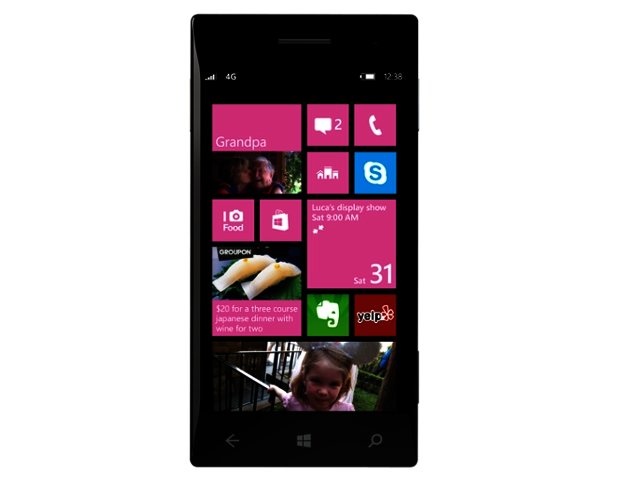
Microsoft South Africa has pulled the wraps off of its Windows Phone 8 (WP8) smartphone operating system (OS) at a function held at the Radisson Blu Gautrain hotel in Sandton, revealing the new features that the OS offers users.
Aesthetically, WP8 looks a lot like Windows Phone 7.5 (Mango) as it features the familiar Live Tiles that show info such as the weather forecast for your area, without you even having to open the weather app. However, these tiles can now be resized with a small, medium and large tile size available, enabling users to add an extra layer of customisation that was lacking within Mango’s Start screen.
Furthermore, Live Apps can also be pinned to the Start screen including the newly revamped Facebook app, which notifies users, for instance, if someone posts on their wall or made a comment on their photo.
In addition, certain applications are also able to deliver real-time data right to the lock screen courtesy of WP8’s updated lock screen wallpaper. A user is able to select which quick status notifications are displayed such as SMSs received, missed calls, Facebook notifications and more.
Microsoft said that there are now 120 000 applications on the Windows Phone Store (formerly Windows Phone Marketplace) including big draw cards the likes of Angry Birds Star Wars, and the entertaining Cut the Rope Experiments. This count matches the app count available within the Nokia Store, but is a far cry from Apple’s App Store tally (700 000) and the 675 000 apps and games available on Google Play.
Kid’s Corner and Rooms
One feature that differentiates WP8 from other OSs like Android or iOS is Kid’s Corner, which is targeted at parents. Kid’s Corner allows users to share their smartphone with their kids, enabling them to access certain apps and games with the rest of the phone’s functionality (including the capacitive buttons below the display) being inaccessible.
This kids-proofed section is accessed from the lock screen when you swipe to the right, and parents are easily able to select which apps, games, and even the multimedia content (music and videos) that their kids can view and play within Kid’s Corner.
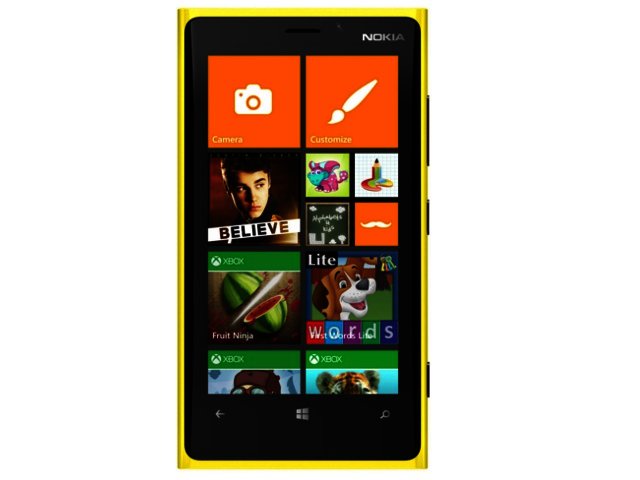
Now your smartphone has a children-only section via Kid's Corner.
New within WP8 is Rooms which works like Groups did within Mango. It allows you to create private groups for family, friends or colleagues and chat, groups SMS, and share things within the room such as a common group calendar, private photos or even a shopping list with your housemates. Although this feature is primarily targeted for people with a WP8 device, certain features like being able to mass SMS everyone within a room will work with people using an iPhone or other competing handsets as well.
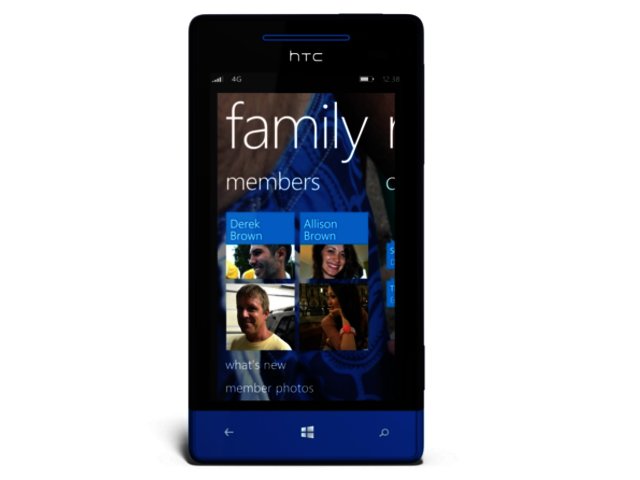
More intimate contact with selected individuals, courtesy of Rooms.
Skype and NFC
Thanks to Microsoft’s acquisition of Skype, the application offers a more complete experience on WP8 than other mobile platforms. Skype enables users to make and receive Skype calls (audio calls and video calls) just like a regular phone call, as you simply need to tap a friend or family member’s contact card within the People Hub to phone them over Skype. The app will now also always run in the background, in order to provide you real-time with notifications, where you previously had to have the app open to receive these.
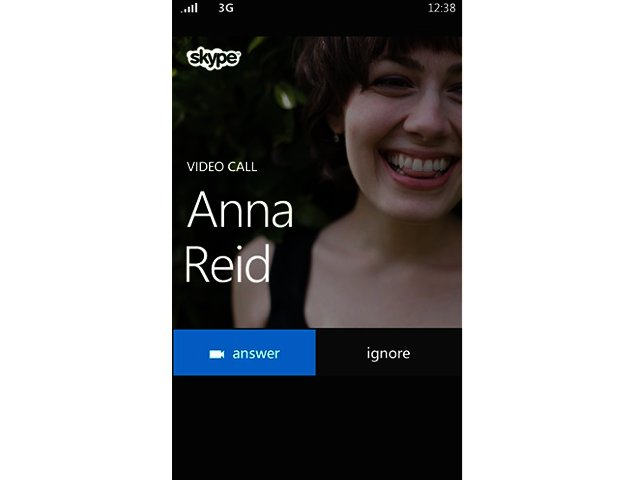
Microsoft flexes its acquisition muscles. Shows off deep Skype integration within WP8.
NFC (near field communication technology) is also features within WP8, allowing users to tap their NFC smartphones together to share content including contact details, photo, or link to a webpage.
Hardware
As part of the WP8 announcement, Microsoft also revealed a range of new smartphones based upon WP8 including Nokia’s Lumia 920, Samsung’s ATIV S and HTC’s Windows Phone 8X. These WP8 based devices will go on sale locally during November.
The smartphones helped illustrate the new hardware advantages on offer within WP8, which is based upon Windows 8, compared to Windows Phone Mango that was based upon Windows Mobile. This includes its support for multicore processors and multiple screen resolutions.
Although all of the WP8 devices that will become locally available this year are powered by a 1.5 GHz dual-core Qualcomm Snapdragon S4 processor, WP8 supports dual-core, quad-core, and even octa-core processors. In fact, Microsoft said that in theory, this mobile OS can support a mobile processor with as many as 64 cores.
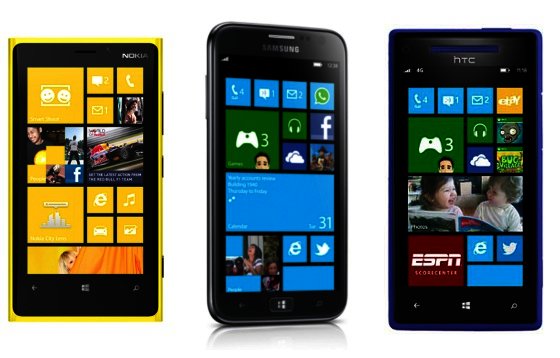
Meet the three top-end WP8 amigos vying to become your next smartphone this holiday season.
WP8 further supports many display resolutions in contrast to Mango which only allows devices to feature screens with a WVGA (480 x 800) resolution. The Samsung ATIV S sports a 4.8" HD Super AMOLED display sports a 720 x 1280 resolution, whilst the HTC Windows Phone 8X features a 4.3" HD-Ready (720 x 1280 resolution) Super LCD 2 display. Nokia's Lumia 920 boasts a 4.5" PureMotion HD+ (768 x 1280) IPS LCD Super Sensitive touchscreen.
“With a similar look and feel, the same technology core, and the same built-in SkyDrive cloud service, Windows Phone 8 is built to work seamlessly with Windows 8 PCs, tablets and the Xbox 360 console,” stated Anthony Doherty, Microsoft South Africa’s Operator Channels executive.
“For example, now you can edit a document on the go with Windows Phone 8 and pick right up again on your PC when you get home.”
In related news, Microsoft also recently launched its Xbox Music service via which the company aims to integrate streaming music, internet radio as well as music stores.
Most Read Articles

Have Your Say
What new tech or developments are you most anticipating this year?



